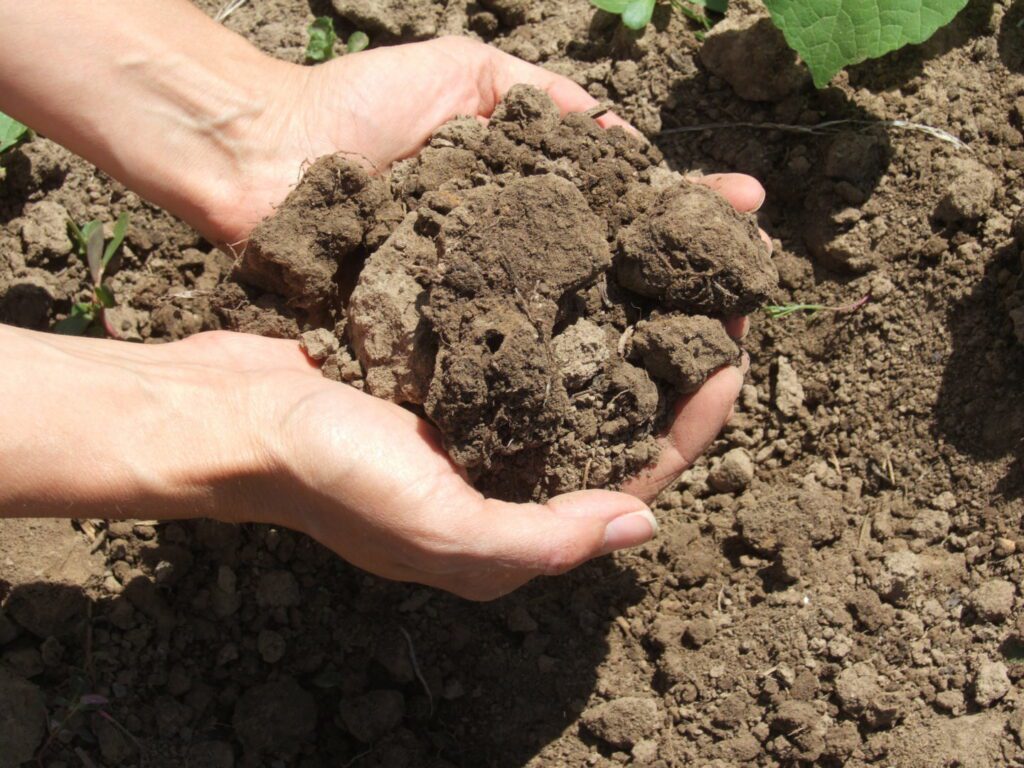In the current agricultural climate of low commodity prices and increased fertilizer costs, we keep hearing about nutrient use efficiency (NUE) as a key component of farming success. NUE is commonly defined as the yield per unit of input. But why is it important? To illustrate this, let’s use the analogy of two pick-up trucks. NUE is the difference between one truck getting 20 MPG compared to a different truck of the same make and model getting 35 MPG by using a higher-quality fuel source. Your crop acts in the exact same way as the truck: feed it a higher-quality input and it will utilize those nutrients more efficiently.
The Fuel: How Much of My Fertilizer Really Goes Into the Crop?
In keeping with the truck analogy, we can think about different grades of gasoline. Because of its quality, one is typically more expensive than the other. Fertilizer nutrients work the same way: plants perform better when a higher-quality, plant-preferred nutrient is provided.
For each macro and micro nutrient the plant needs, there are forms of those elements the plant prefers over others. For example, plants prefer the sulfate form of trace minerals over the oxide form. Taking into account the chemistry of ingredients in fertilizers is important because it directly impacts NUE and crop performance. A mistake growers often make during tough agricultural times, like the ones we face right now, is cutting back on fertilizer quality by buying “cheap” sources. This approach not only results in lower NUE (less BANG for every buck you spend) but it also affects your soil quality since cheap fertilizer sources can negatively impact your soil health. Tough agricultural markets should make us more efficient in our farming operations – and better selection of fertilizers is key.
The Engine: How is My Soil Health Influencing NUE?
The soil is the engine for your crop! Performance and NUE are directly related to your soil quality, just like the quality of your motor impacts your truck’s performance. Soils with good structure, high organic matter and a lot of soil life directly improve crop NUE and performance. All nutrient cycles are biologically dependent. A healthy soil is a soil that can transform, transfer and transport nutrients to and from the soil to the plant.
Our slogan “Better Farming Through Better Soils” reflects the science and principles of NUE and optimum crop performance. We design fertilizers that are highly efficient that help you take advantage of the benefits of soil life. Our liquid and dry carbon based fertilizers that feed and enhance soil biology resulting in improved nutrient uptake and higher NUE. Good fertilizer sources in a healthy soil will result in better crops and higher yields and quality for your farm.

